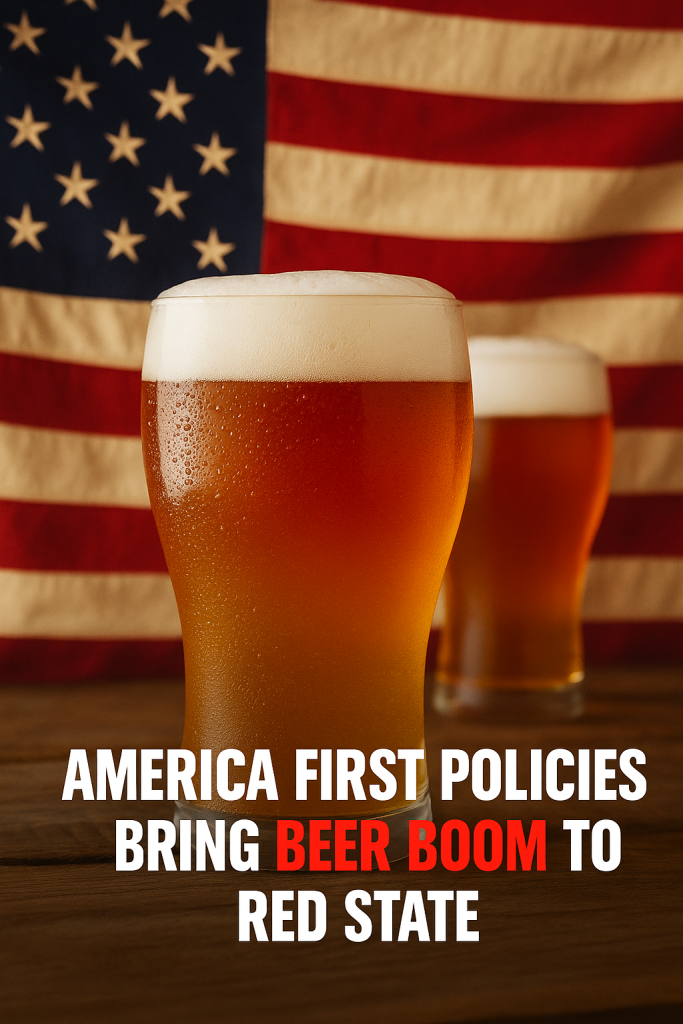Missouri Governor Mike Kehoe has enacted new legislation aimed at revitalizing the American malt and brewing sectors by significantly reducing taxes on domestically produced beer. The move, officially signed into law in 2024, is being hailed as a strategic effort to bolster U.S. manufacturing and spur economic growth within Missouri’s historic beer industry.
The legislation, informally dubbed the “Big Brew-tiful Bill,” cuts excise taxes on American-made beer, making it one of the most substantial tax relief packages recently passed targeting this sector. Governor Kehoe emphasized that the policy is designed to strengthen local breweries, enhance production capacity, and create jobs, while also encouraging consumers to support homegrown beer brands.
“Missouri has a proud brewing tradition, and with this tax reduction, we are not only honoring that heritage but also positioning our industry for a dynamic future,” Kehoe said during the signing ceremony. “Lower taxes mean more investment in equipment, innovation, and workforce development, which ultimately benefits our economy and the communities where our breweries operate.”
The legislation provides a graduated reduction in excise taxes that directly benefits small and medium-sized breweries, many of which have struggled with increasing costs and supply chain challenges in recent years. Experts note that reducing the tax burden can enhance competitiveness for these producers against larger national and international brands.
Supporters of the bill argue that it will have a ripple effect beyond Missouri’s borders. By targeting the malt industry, a critical component of beer production, the law is expected to invigorate domestic agriculture, manufacturing, and logistics sectors tied to beer production. This integrated approach aims to strengthen the entire value chain from barley farmers to local craft brewers.
Current data indicate that Missouri ranks among the top states for beer production and consumption, making this tax cut particularly impactful. The state’s breweries accounted for substantial economic contributions even before the legislation, and officials predict that this new development will accelerate growth.
Industry representatives have responded positively, describing the law as a much-needed incentive to expand operations and pursue innovation. “This is a game changer for us,” said a representative of a Missouri-based craft brewery. “Lower taxes free up capital to invest in technology, hire skilled workers, and increase our output without sacrificing quality.”
While some critics express concern about the potential loss in state revenue, advocates highlight that the expected boost in production and sales generates new tax income streams and job creation, which can offset initial revenue declines. Enhanced industry growth also supports ancillary businesses, further multiplying economic benefits.
The bill’s passage comes at a time when the U.S. malt and brewing industries are facing stiff competition globally. By fostering a pro-manufacturing environment and prioritizing domestic production, Missouri aims to set an example for other states looking to fuel economic resurgence through targeted legislation.
Overall, the “Big Brew-tiful Bill” stands as a bold step toward cultivating a robust American brewing ecosystem, promoting sustainable economic development, and reigniting passion for locally crafted beer across the nation.



